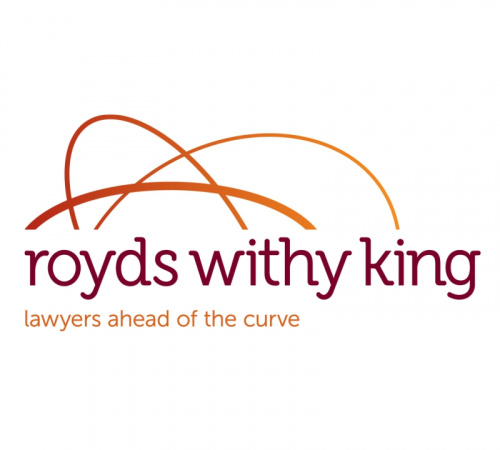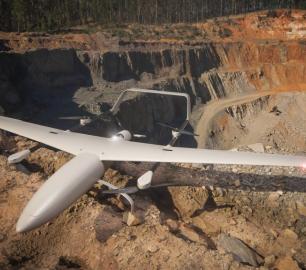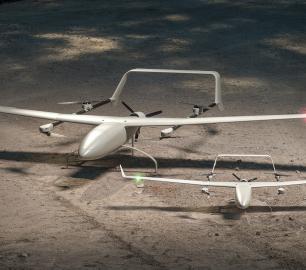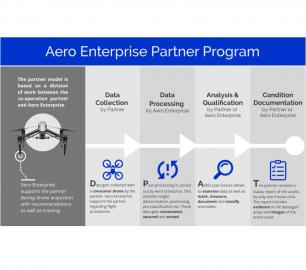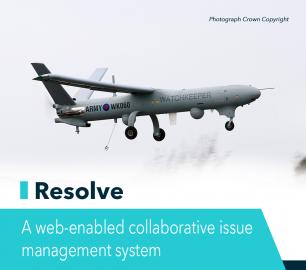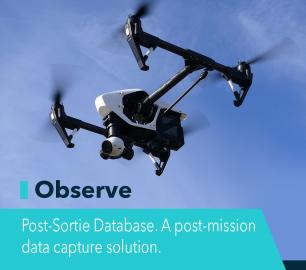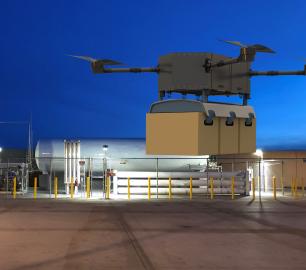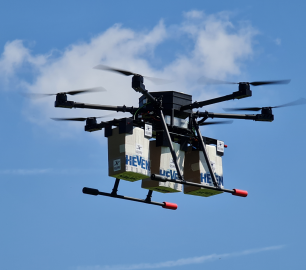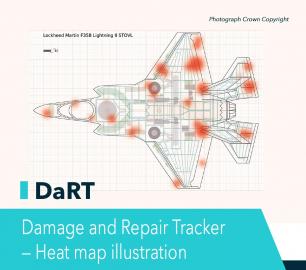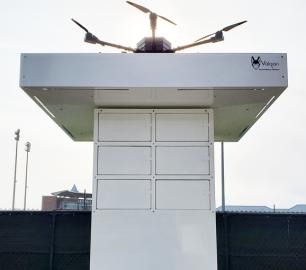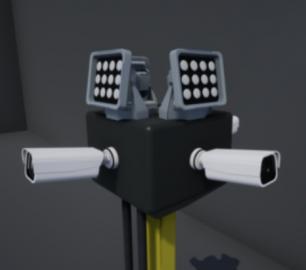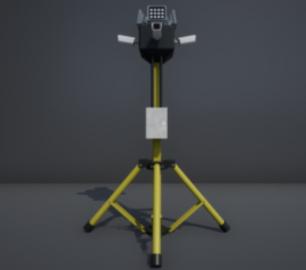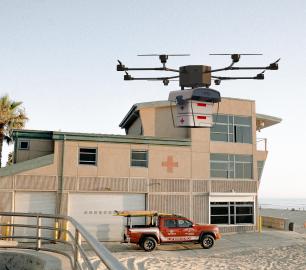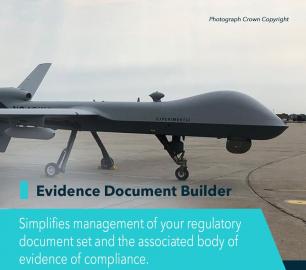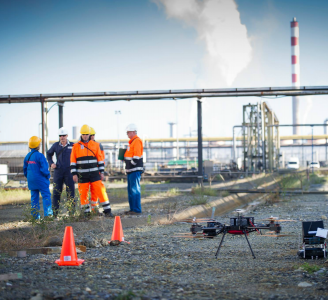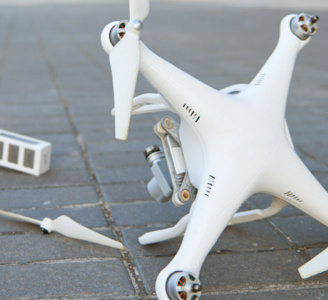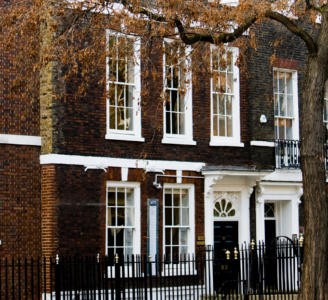Royds Withy King - Legal advice for the commercial use of drones
Legal advice for the commercial use of drones
The Detail
We have an expert team of tech lawyers who specialise in drone law, here to help you navigate the ever-changing landscape of drone legislation.
New drone legislation is set to be introduced in the UK over the coming months with a view to increasing the safety of drone use. The Drone (Regulation) Bill 2017-19. This Bill is expected to have its second reading debate on Friday 15 February 2019.
This is in response to increased concerns over safety risks posed by drones being flown too close to controlled airspace.
Drones and the British economy
According to PWC using drones to transform working practices could boost Britain’s economy by £42bn by 2030 and employ 628,000 people working in the drone economy, potentially in highly skilled jobs including building and programming the devices.
New regulations seek to impose lateral and vertical limits on the use of drones near to airports and above 400 feet which would impact on light aircraft use.
Whilst such restrictions are undoubtedly necessary, they are reactive and it is considered that there will need to be regulation to deal more proactively with drone use, particularly as commercial drone use increases.
Drones competing in UK airspace
All the indications are that we are on the verge of a major increase in commercial drone usage, with increasing numbers of drone applications. There is a growing need for the introduction of sophisticated electronic controls, including geo-fencing and electronic identification of drones, to regulate and control drone use.
The expansion of drone applications is hugely exciting but also presents significant challenges to the established use of airspace in the UK. This is going to need a complete overhaul of drone legislation if we are going to avoid more instances of ‘near-misses’ with commercial flights and if we are to create a sustainable basis on which airspace can be properly segregated for use by both unmanned aircraft and manned aircraft.
Balancing commercial interests with security
A further issue is the need to understand ICO regulation to the use of drones at a very basic level to protect us from those who were intent on abusing privacy. The balance between greater commercial freedom and security issues needs to be properly addressed and the reality is that regulation is lagging far behind technological advancements. The functionality of many drones which are available on the high street means that they are capable of being flown into controlled airspace and the risks which come from this are significant.




